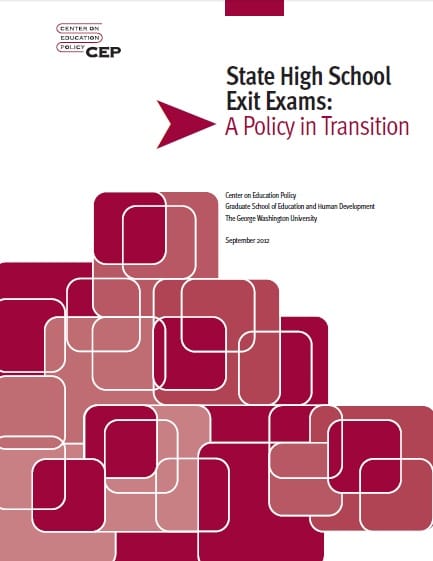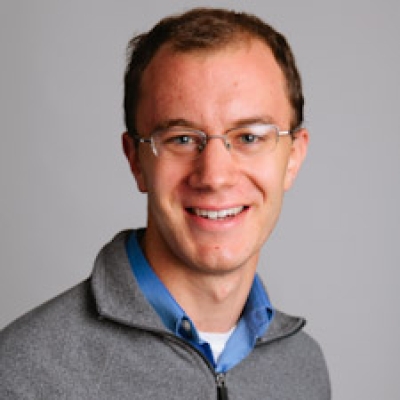

Common Core implementation portends vast, intimidating changes in the ways we manage American K-12 education. Included in these shifts are the handling of promotion and graduation requirements and assessments. This Center on Education Policy report—the organization’s eleventh annual look at high school exit exams—offers a glimpse of how states are currently tackling these issues at the secondary level. Twenty-five states administer high school exit exams, be they comprehensive (assessing multiple subjects at the end of a given grade, usually tenth) or end-of-course, which are gaining popularity. These states house nearly 70 percent of American high schoolers, and even higher percentages of disadvantaged youth. While all of them allow retakes (up to a dozen in Maryland and Oregon), the vast majority of students (70-90 percent) pass their exit exams on the first go-around. Yet most states with exit exams do not align them to career-and-college-ready standards (and only one state—Nevada—aligns its exam to content taught through the twelfth grade). This will have heavy implications for CCSS roll-out as eighteen states plan to align their exit exams to the Common Core—or replace their current assessments with those developed by PARCC and SBAC. Gadfly is wagering that very few states will actually tie high school graduation to a proficiency score on the Common Core assessments—not, at least, if “proficiency” is defined as true college readiness. The failure rates will simply be too high. Ironically, then, the Common Core standards could end up killing exit exams as we know them.
SOURCE: Center on Education Policy, State High School Exit Exams: A Policy in Transition (Washington, D.C.: George Washington University Graduate School of Education and Human Development, September 2012).

Asa Spencer is a research intern at the Thomas B. Fordham Institute. He graduated from Wheaton College in 2012 with a sociology degree, concentration in social justice and inequality. During the past three summers, he worked as a program assistant for the Great Books Summer Program at Amherst College and Stanford University. The camp involved leading discussions with high school students who decided to spend their summers…